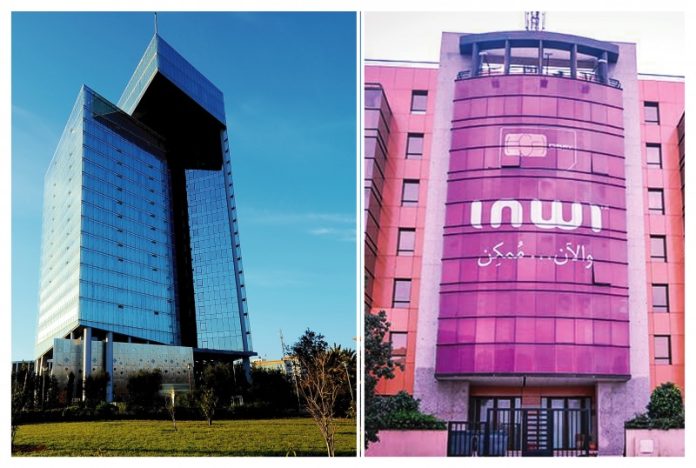The Casablanca Commercial Court of Appeal upheld a historic ruling against IAM (Itissalat Al-Maghrib) on July 3, ordering the telecom giant to pay 6.4 billion dirhams in damages to its competitor, Wana Corporate. This unprecedented decision in Morocco’s telecom sector follows a similar ruling by the Rabat Commercial Court in January, which is now enforceable. Wana Corporate can proceed with enforced collection to secure this record sum.
This landmark case marks the first time a telecom operator in Morocco has been ordered to pay damages for anti-competitive practices in a private lawsuit. Previously, only administrative sanctions, such as those imposed on IAM by the National Telecommunications Regulatory Agency (ANRT), were issued.
Wana Corporate initiated legal action based on the ANRT’s sanction, seeking compensation for the damages incurred. The judges, relying on technical expertise, determined that IAM’s anti-competitive practices caused significant financial losses to Wana in several key markets, including ADSL, IDAR, fixed and mobile telephony, and internet services.
This court ruling represents a turning point in the regulation of Morocco’s telecom sector, enhancing the protection of operators against abuses of dominant positions. It could also encourage other market players to pursue similar legal actions to defend their rights.
Implications of the ruling
This decision is poised to reshape the competitive landscape of the Moroccan telecommunications industry. By holding IAM accountable for its monopolistic behavior, the court has set a precedent that underscores the importance of fair competition. The substantial financial penalty is not only a victory for Wana Corporate but also a warning to other dominant players in the market about the legal repercussions of anti-competitive conduct.
The ruling may pave the way for more robust enforcement of competition laws and greater scrutiny of market practices by regulatory authorities. As Wana Corporate moves to collect the awarded damages, the industry will be closely watching how IAM responds and what changes it might implement to comply with competitive standards.
Moreover, the outcome of this case might inspire other telecom operators or businesses in different sectors to file similar lawsuits if they believe they have been harmed by anti-competitive actions. This could lead to a wave of private litigation aimed at curbing monopolistic practices and fostering a more level playing field across various industries.
Future outlook
As the telecom sector evolves, this ruling could serve as a catalyst for further regulatory reforms. It emphasizes the need for continuous monitoring and enforcement to prevent the resurgence of anti-competitive practices. The significant financial repercussions for IAM may also drive other companies to proactively adopt fair competition policies to avoid similar penalties.
In summary, the Casablanca Commercial Court of Appeal’s decision against IAM is a watershed moment for Morocco’s telecommunications industry. It highlights the judiciary’s role in upholding competitive integrity and signals a new era of accountability for market leaders.





